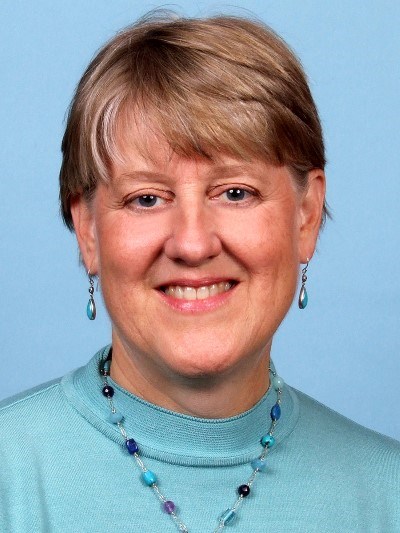
When Jo Linder, MD, FACEP, was elected to the EMRA Board in 1982, her first order of business – as the resident voice for education – was to help study the length of residency training. There were 16 programs represented at the meeting where she was elected, and the ACGME had just approved standard requirements for EM residency programs. It would be 7 more years before CORD was founded. The work Dr. Linder and her colleagues were doing formed the underpinnings of today’s training.
If you were starting residency this year, what would you do differently?
Be open to anything. Stay connected with colleagues and friends.Say yes to as much as possible, and learn to say no. Know basics included in Advanced Cardiac Life Support and trauma triage.
Which 3 traits are most important for a successful emergency physician?
Flexibility, ability to grasp complex concepts quickly, ability to sleep anytime/anywhere
Education has been your passion since your time with EMRA. How can residents retain a learner’s mindset after they get into the daily routine of a career?
From the moment we are accepted to medical school, we understand our professional journey is one of life-long learning. New knowledge is growing exponentially, and learning how to continuously learn is key to staying up to date.
What makes you want to keep coming to work every day?
Caring for others in the emergency department is a team sport and we all need to bring our top game to our work every day. I try to stay focused on how my work impacts patients and the team members who care for them today and in the future. In the Department of Medical Education, we truly believe what we do, who and how we teach, has an impact today and for generations.
I’m spending about half a day a week now in a triage center at the Maine Medical Center Preble Street Learning Collaborative, which is a clinical setting across the street from our largest organization serving the homeless. It’s a place for learners to actually get experience in caring for a very vulnerable population. It has made quite an impact.
Top tip for managing difficult consults:
Keep cool and use your best diplomacy with respectful discourse – “I see your point, however this patient needs your expertise.” We are all in this together and we need to find ways to connect with your specialty colleagues so they’re not just an angry voice you’ve woken up in the middle of the night. Remember, we’re up 24 hours a day and they are not. We don’t know what’s going on in their lives. They want to make sure it’s worth their time.
What’s on your desk right now?
Several articles including BEME Guide No. 23 on Case-based Learning, and several on social justice and health disparities.
Get to Know Jo Linder, MD, FACEP
Medical school: University of Iowa Carver School of Medicine
Residency: UCSF Fresno
Current position: Director of Student Affairs, Maine Medical Center; Associate Professor of Public and Community Medicine and Associate Professor of Emergency Medicine, Tufts University School of Medicine
Public service: Director, ACGME Board of Directors; Chair, Journal Oversight Committee, ACGME Journal of Graduate Medical Education; Senior Director, American Board of Emergency Medicine; Former President, Maine Medical Association
What makes you laugh every time? My husband’s puns – he brings me joy and laughter every day.
How do you “unplug” from work? Books, especially fiction – I read several at the same time and try to keep up with two book groups. And cooking, which relaxes me.
Most-used app on your phone: Reminders – nothing exciting. I attend a lot of meetings and use Notability with microphone. I’m seriously trying to unclutter and minimize paper. Of course I use open table and google maps. And I have an iPad Mini that I use Notability on.



